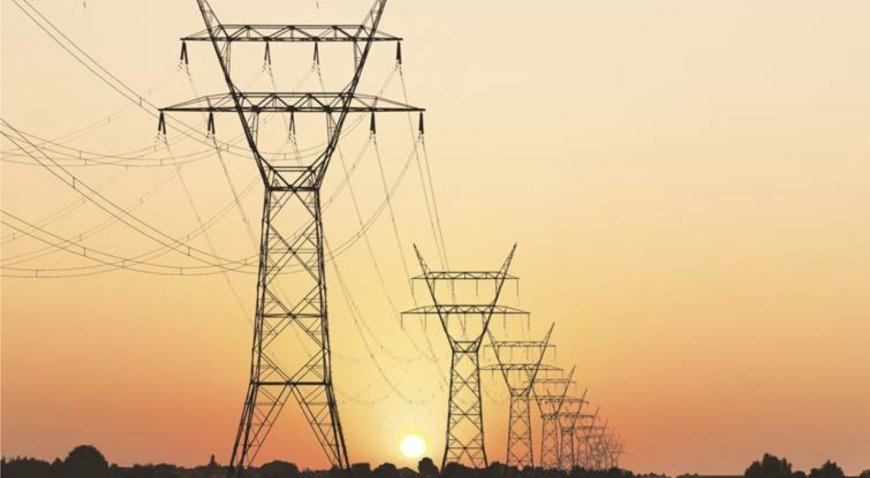Centre Makes Key Changes in Rules That Might Impact Your Electricity Bills; Know Here

New Delhi, June 23: The Centre on Friday announced amendments in Electricity (Rights of Consumers) Rules under which consumers will no longer be charged a fixed rate for electricity throughout the day. Instead, the price of electricity will vary based on the time of day.
During solar hours (a specified duration of eight hours determined by the State Electricity Regulatory Commission), the tariff will be 10 per cent to 20 per cent lower than the normal rate. On the other hand, during peak hours, the tariff will be 10 per cent to 20 per cent higher.
The ‘Time of Day’ (ToD) tariff will initially apply to commercial and industrial consumers with a maximum demand of 10 KW and above starting from April 1, 2024. For all other consumers, excluding agricultural consumers, it will be implemented from April 1, 2025. ToD tariff will be effective immediately after the installation of smart meters for consumers who have them.
The Union Power and New and Renewable Energy Minister, R. K. Singh said that with increased awareness and effective utilization of the ToD tariff mechanism, consumers can reduce their electricity bills. As solar power is cheaper, the tariff during solar hours will be lower, benefiting the consumer. During non-solar hours, when thermal, hydro, and gas-based power generation is utilized (which is more costly than solar power), the higher costs will be reflected in the time of day tariff.”
This allows consumers to plan their consumption and reduce their power costs by scheduling activities during solar hours.
The government has also announced simplification of the rules for smart metering to ensure consumer convenience and prevent harassment. Penalties for exceeding the maximum sanctioned load or demand have been reduced. After the installation of a smart meter, no penal charges will be imposed on consumers based on the maximum demand recorded before the installation date.
Furthermore, smart meters will be read remotely at least once a day, and the data will be shared with consumers to enable them to make informed decisions about their electricity consumption.
What's Your Reaction?




























































